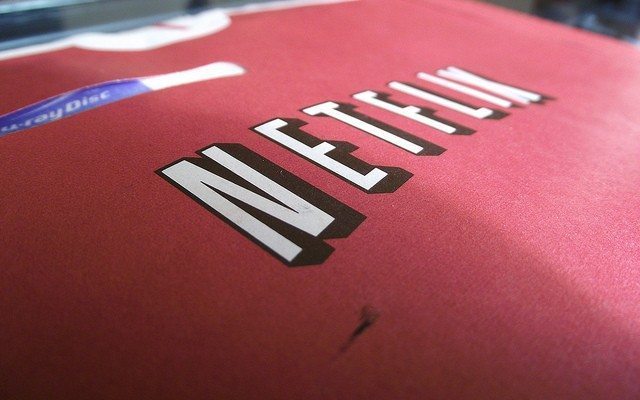 "Netflix" courtesy of [rachellynnae© via Flickr]
"Netflix" courtesy of [rachellynnae© via Flickr]
Technology
Everyone Panic: Netflix is Actually Blocking VPNs Now
Netflix is a behemoth in the entertainment world, beloved by its 75 million paying subscribers. During a recent presentation, Netflix CEO Reed Hastings announced that the service is now truly international, as Netflix’s streaming platform is available in over 200 countries, not including the ever-obstinate China. But it’s not all good news–during the same presentation, Hastings mentioned subscribers’ use of VPNs when streaming Netflix, adding that Netflix would soon begin blocking users from accessing Netflix through a VPN.
VPN stands for Virtual Private Network, and in order to understand what a VPN is, let’s take a look at its most common use: in business, a company might have an ‘intranet,’ which is a network that doesn’t connect to the outside world, but links together all of that company’s servers and computers. An employee working from home or abroad could use a VPN to connect to that private network, and browse through the files as if they were physically there.
Now picture that instead of accessing a business’s intranet, you’re connected to someone else’s internet. This would mean you can browse the web from the geographical point of view of another person. That’s where Netflix users see an opportunity: because much of Netflix’s expansive catalog is locked to specific regions, a user in the U.K. could ‘pretend’ to be in Tennessee, and catch up on a U.S. exclusive show.
Why does Netflix geo-block some of its content? And why do they care if users circumvent those blocks? Netflix gets distribution rights to its content through agreements with content owners. These agreements have limitations to make them affordable for Netflix, which might include limiting how long the content is available online, how many seasons or episodes of a show will be streamed, and where it is allowed to stream. A content owner might have an existing agreement to exclusive streaming rights with a service provider in the EU, and so they can only offer their show to Netflix for streaming in the U.S.
Netflix is now acting on its promise, and users worldwide are finding that their visits to Netflix are blocked if they have an active VPN. Many subscribers are angry because their Netflix selections are narrowed down to their country’s content, while the majority of subscribers who don’t use VPNs will experience no change.
It’s hard to blame Netflix for accommodating the requirements set by the content owners. This may be part of the reason Netflix has been accelerating production of Netflix Originals, which it retains full control of, and can stream worldwide without the permission of others. But there is also a reason that Netflix users feel entitled to a broader selection of content–physical boundaries for online content feels antiquated in an increasingly globalized world. It’s reminiscent of the irksome region-locked DVDs we used to struggle with. If I can Facetime a friend in Germany and show her a Youtube video over the air, how do region-locks on the world wide web make sense? We can hope that Netflix pressures content owners to be less restrictive when cutting deals, but until then, subscribers in the U.S. will have to go without streaming “22 Jump Street.”








Comments